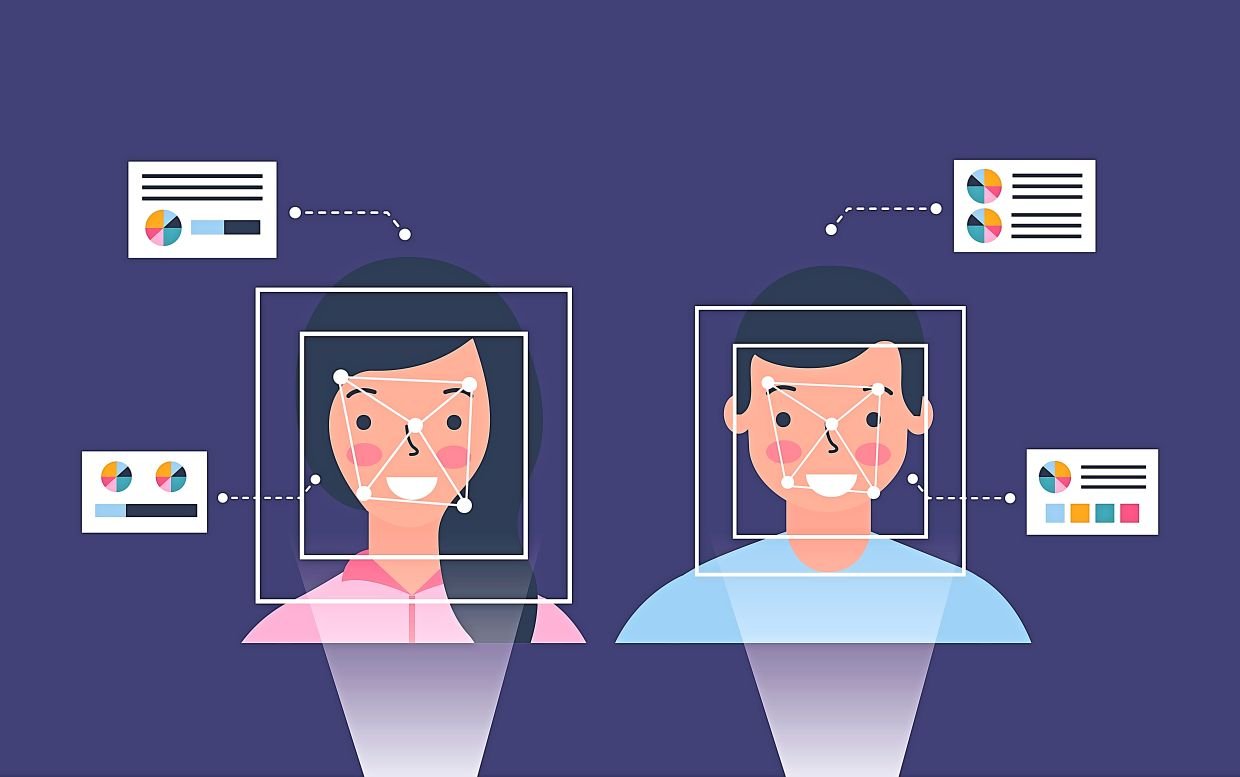Deepfakes, the AI-generated content that can mimic real-life individuals, have been making waves in the entertainment industry, with celebrities like Tom Hanks and Pope Francis being portrayed in unlikely scenarios. However, as the 2024 US Presidential elections approach, concerns are growing about the potential misuse of this technology in the political arena. Google has already taken steps to label deceptive AI-generated political advertisements, but now lawmakers are turning their attention to other major platforms, questioning why they haven’t implemented similar measures.
Key Highlights:
- Deepfakes are gaining popularity, especially in mimicking celebrities.
- Google has initiated labeling of deceptive AI-generated political ads.
- Lawmakers express concerns over the lack of similar actions by Meta and X.
- The potential misuse of deepfakes in the upcoming 2024 US Presidential elections is a significant concern.
- Lawmakers are pushing for regulations and transparency in AI-generated political content.
Deepfakes in Politics: A Growing Concern
Two Democratic members of Congress have expressed their “serious concerns” about the rise of AI-generated political ads. In a letter addressed to Meta CEO Mark Zuckerberg and X CEO Linda Yaccarino, they sought explanations on the platforms’ strategies to mitigate the potential harms these deepfakes could cause to free and fair elections. “They are two of the largest platforms, and voters deserve to know what guardrails are being put in place,” commented US Sen. Amy Klobuchar of Minnesota.
The Call for Transparency and Regulation:
The urgency for clarity and regulation is palpable. With the 2024 elections on the horizon, there’s a fear that a lack of transparency in political ads could flood platforms with election-related misinformation. Both Clarke and Klobuchar are championing the cause to regulate AI-generated political ads. Clarke’s proposed House bill aims to mandate labels for election advertisements containing AI-generated content. Klobuchar, on the other hand, is pushing for legislation in the Senate to ensure minimum standards are met.
Platforms’ Stance on Deepfakes:
While Google has announced its intention to require disclaimers on AI-generated election ads starting mid-November, the responses from Meta and X remain awaited. Facebook and Instagram, under Meta, don’t have a specific rule for AI-generated political ads but do have policies against manipulated content used for misinformation.
The Potential Impact of Unregulated Deepfakes:
AI-generated ads are already making their presence felt in the 2024 election campaigns. Examples include an ad by the Republican National Committee depicting a dystopian future if President Joe Biden is re-elected, using fake but realistic images. Such misleading content, if unchecked, could significantly influence public opinion, making regulations all the more crucial.
Summary:
As the 2024 US Presidential elections draw closer, the potential misuse of AI-generated deepfakes in political campaigns is becoming a pressing concern. While Google has taken proactive steps to label deceptive AI-generated political content, lawmakers are urging other major platforms, particularly Meta and X, to follow suit. The call for transparency, regulations, and clear guidelines is growing louder, with the aim to ensure that voters are not misled by fabricated content. The ball is now in the court of these major platforms to respond and take appropriate action.


















